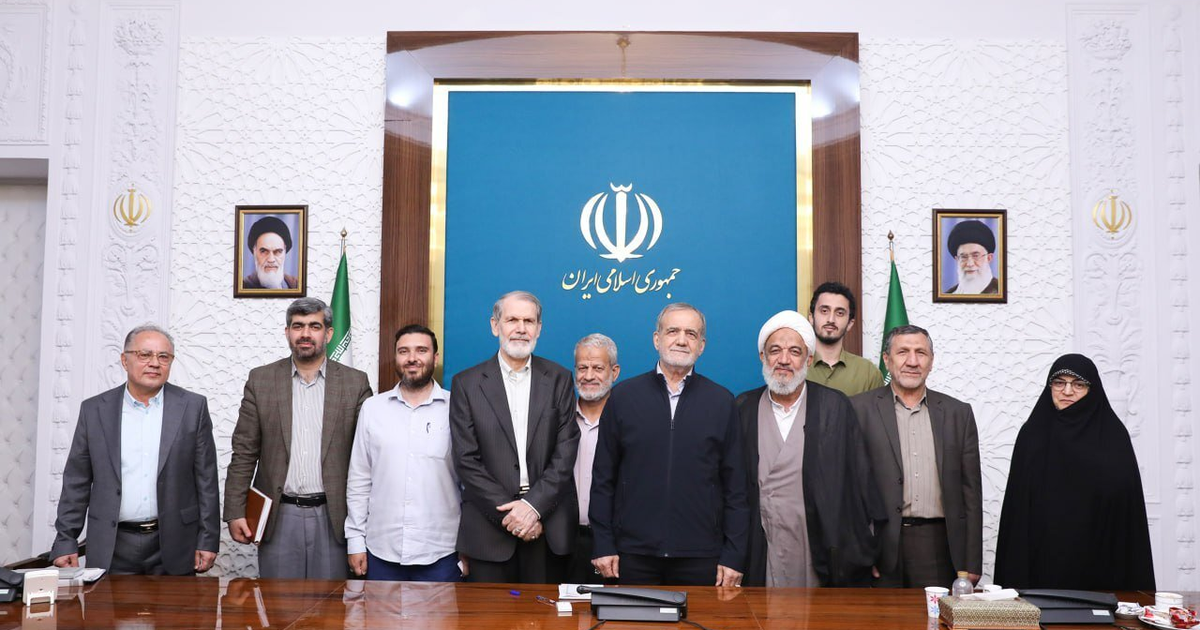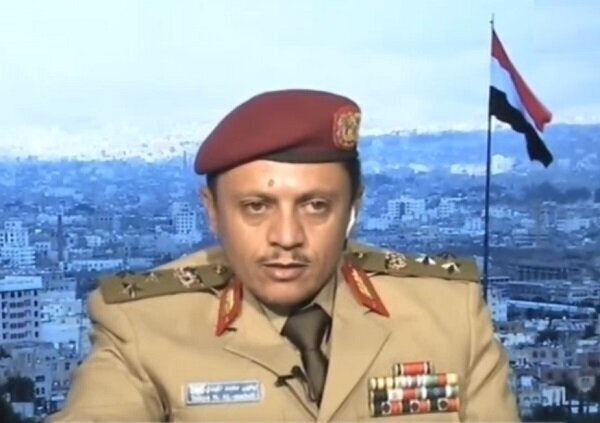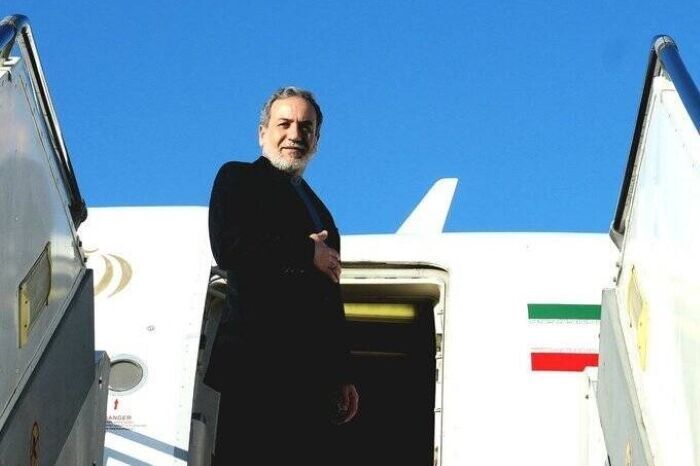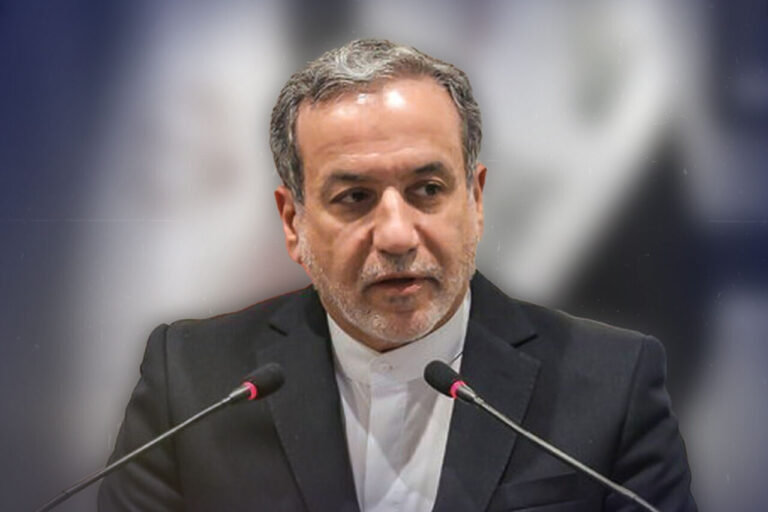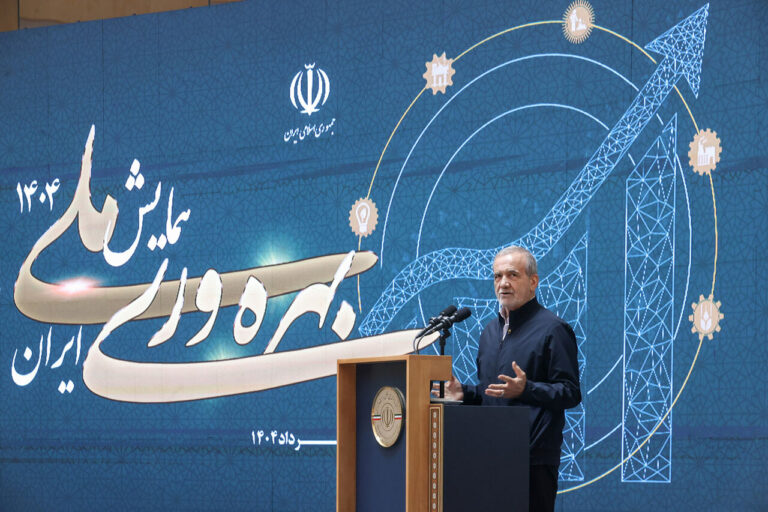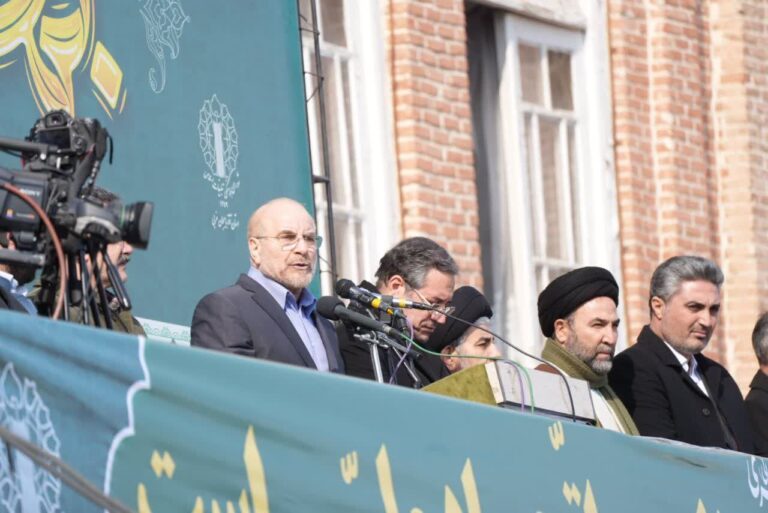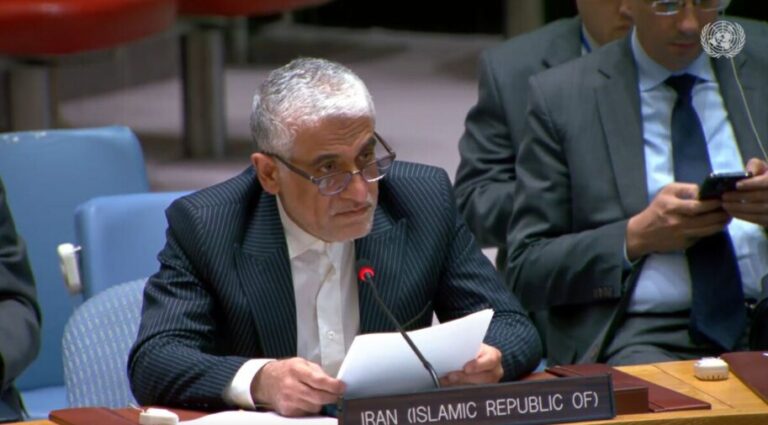Urgent Pleas in Tehran to Bridge Divides Amid Escalating War and Unrest
In recent weeks, the escalating exchange of threats between US President Donald Trump and Iranian Supreme Leader Ali Khamenei has cast a significant shadow over Iran, reviving fears of potential conflict. This situation has not only raised concerns internationally but has also ignited a firestorm of tension within Iran’s domestic politics. Political analysts from across the spectrum are urging “radicals,” a term often directed towards members of the ultraconservative Paydari Party, to step back and refrain from exacerbating sociopolitical tensions during these volatile times.
Former Deputy Intelligence Minister and spokesperson Ali Rabiei, representing Iran’s Reformist camp, has called on radical factions to temper their political ambitions amid the current climate. He cautioned that they should abandon aspirations for the upcoming presidential or parliamentary elections, warning them against the notion that it is “their turn” to assume power in Iran.
Meanwhile, conservative commentator Nasser Imani has raised alarms about the potential for hardline radicals to disrupt national security, emphasizing that the repercussions of such actions would be felt by all citizens. He has called on fellow parliament members to prevent radicals from taking the lead on contentious issues within the Majles.
- Radicals are destabilizing the balance among government branches: Imani pointed out that ultraconservatives thrive during periods of instability, despite holding only a small fraction of parliamentary seats.
- Exploiting public sensitivities: Radicals continue to push controversial issues, particularly surrounding topics like the hijab.
In a related vein, some conservatives, including Expediency Council member Mohammad Javad Bahonar, have accused ultraconservative figure Saeed Jalili of orchestrating efforts to undermine the Pezeshkian administration. Bahonar noted that Jalili and his alleged “shadow government” have been spreading rumors about the resignation of Pezeshkian, claiming this has occurred at least three times in the past six months.
Bahonar also pointed out that radicals, both conservative and reformist, are attacking the Pezeshkian administration out of frustration over their lack of representation within the government. He claimed that even moderate voices have joined in what he described as hostile criticism against the government.
Amid these tensions, reports suggest growing divisions within the ultraconservative camp, which have been widely discussed in media and online circles. Recently, unverified claims circulated that over 30 ultraconservative MPs resigned in protest against a police crackdown on vigilantes opposing the government’s decision to halt the enforcement of a stringent hijab law passed by the Majles last year. As of now, these claims remain unverified.
Former ultraconservative MP Hossein Naqavi expressed that some members of the Paydari Party are distancing themselves from extremist factions. “True revolutionaries do not accept radicalism,” he stated, predicting that the rift between Paydari members and hardline elements is likely to deepen in the coming months.
Even Ali Khamenei, during his Eid al-Fitr sermon, voiced significant concern regarding potential “seditions” from radical elements on both sides of the political spectrum. He vowed to take strong action against them, evidently referencing the Reformist-led protest movements of 2009, known as the Green Movement, the 2022 Woman, Life, Freedom movement, and the civil unrest from 2017 to 2018 in Mashhad, which initially began as a hardline protest.
Khamenei’s caution about the risk of unrest comes in the wake of calls from some opposition groups abroad, suggesting that Iranians use the April 2 national picnic day to demonstrate solidarity and strength against the Islamic Republic.
Naqavi Hosseini characterized Iran’s current situation as “special,” noting the external pressures from what he termed the staunch enemies of the nation, particularly the United States. He recognized the challenges of governance during a severe economic crisis, stating, “Under the circumstances, wisdom, religion, and prudence call for national unity until all problems are resolved.” He urged for a de-escalation of tensions.
Referring to Mahmoud Nabavian—a notable figure from the Paydari Party who has recently moderated his hardline stance—Naqavi Hosseini suggested that others in the party should emulate his example to mitigate further tensions. He emphasized that “the most important priority right now is ensuring the survival of the regime.”
